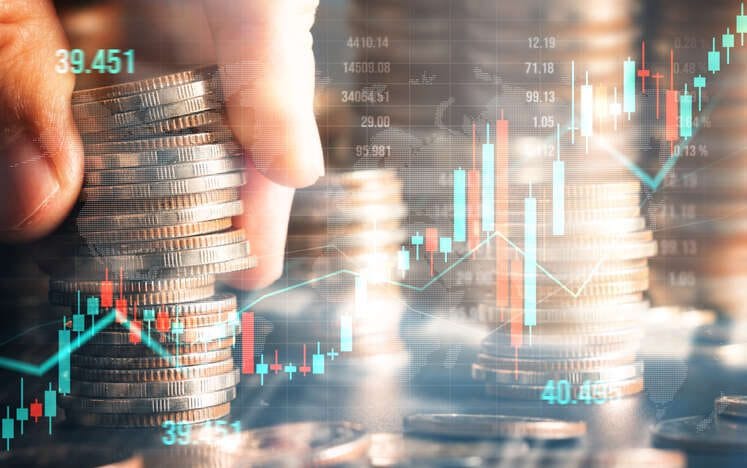
Russia-China ties: Concerns for investors?
By Nigel Green, deVere Group CEO and Founder
China President Xi Jinping has extolled the virtues of the “political mutual trust” between his country and Russia following talks with Russian President Vladimir Putin.
Chinese state media reported on Wednesday that ties between the two powers were “continuously deepening.”
Putin’s visit this week to Beijing for the Belt and Road Initiative (BRI) forum was his first trip to a major world economy since the invasion of Ukraine in February 2022, and follows moves from China and Russia to forge what many are suggesting is an “alternative global order.”
This growing alliance, which is characterised by increased economic cooperation, political alignment, and military collaboration, has far-reaching implications for international markets and investments. It’s making investors around the world nervous.
Both Russia and China have had disputes with the West, which could lead to economic sanctions, trade restrictions, and disruptions in global supply chains. Investors are always wary of geopolitical tensions, which can lead to uncertainty and market volatility.
Of course, Russia is also a major energy exporter, and China is a growing energy consumer. The energy trade between these two nations, particularly in the form of natural gas, has gained significance in recent years.
The concern for global investors here lies in the potential monopolistic control that Russia and China may have over global energy resources, impacting energy prices and the energy sector’s profitability.
Furthermore, the closer ties between Russia and China have led to a surge in bilateral trade agreements. There are legitimate concerns that as these agreements expand, they could create exclusive trade blocs that exclude other nations, potentially limiting the access of global companies to these markets.
Another issue that’s weighing on sentiment among international investors is the increasing economic cooperation between Russia and China has led to discussions about conducting trade in their local currencies, reducing dependence on the US dollar.
This shift can impact global foreign exchange markets and the dollar’s status as the world’s primary reserve currency. As such, investors are worried about currency fluctuations and hedging strategies.
Any discussion regarding Russia and China inevitably comes back to technology sharing, and it’s reported that the two powers are sharing tech particularly in areas like telecommunications, artificial intelligence, and cybersecurity.
This all raises concerns that the sharing of sensitive technology could have implications for global data security, intellectual property, and competitiveness in technology markets.
With the alliance between Russia and China continuing to develop, global investors are seeking to diversify their portfolios and implement risk management strategies to account for the increasing uncertainties in international markets.
From a broad perspective, the closer ties could mean a wider deglobalisation. Deglobalisation, it is feared, will lead to higher inflation and interest rates through a combination of factors, including disrupted supply chains, protectionism, reduced competition, upward wage pressures, and economic uncertainty.
But, as always when shifts are taking place, there are opportunities too. The best way to seize these – and also to mitigate risks – would be to seek independent financial advice.


